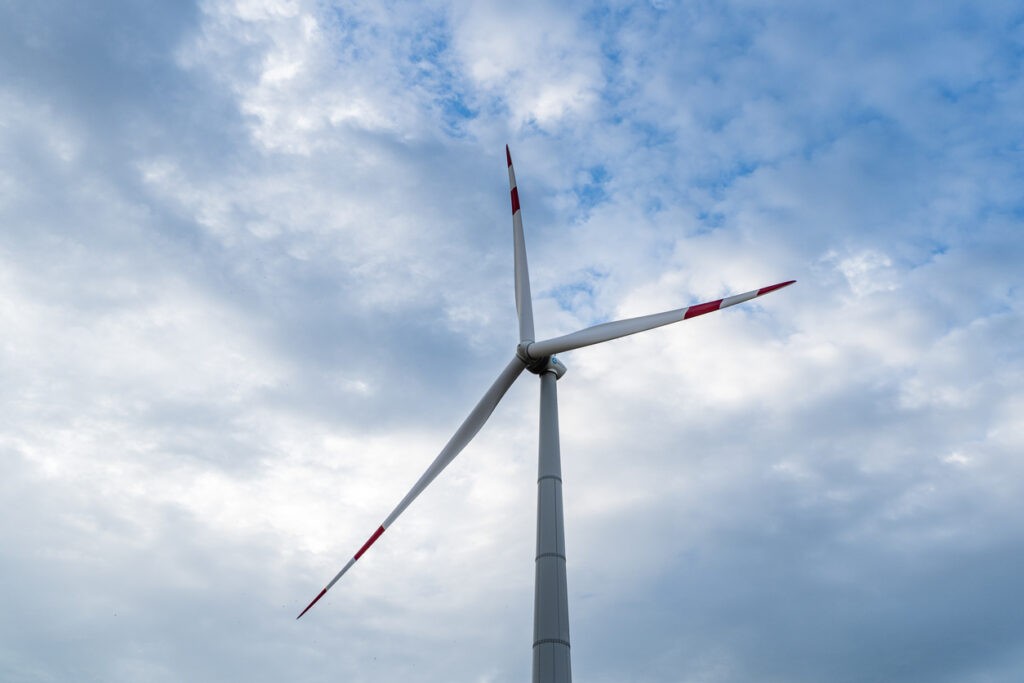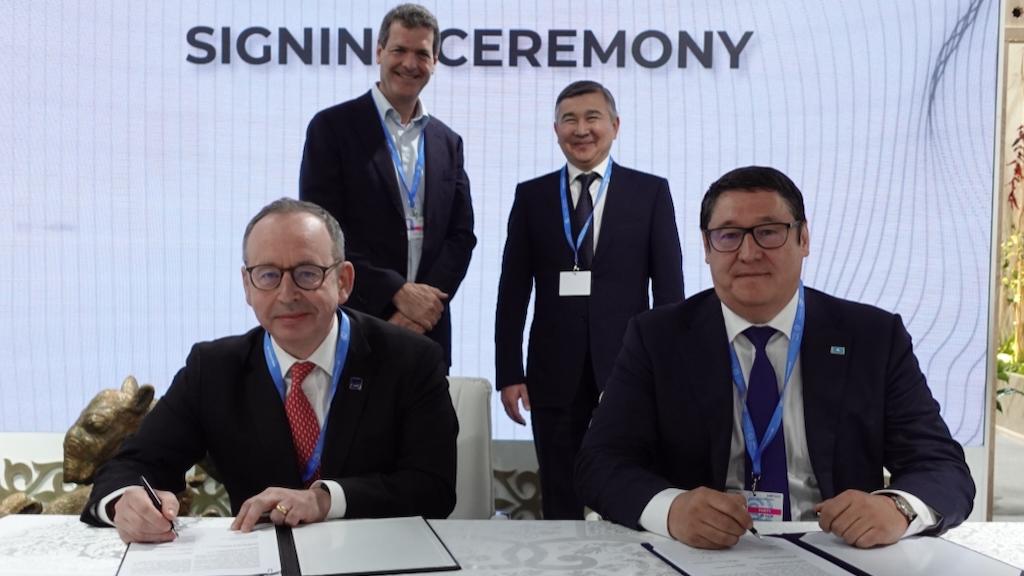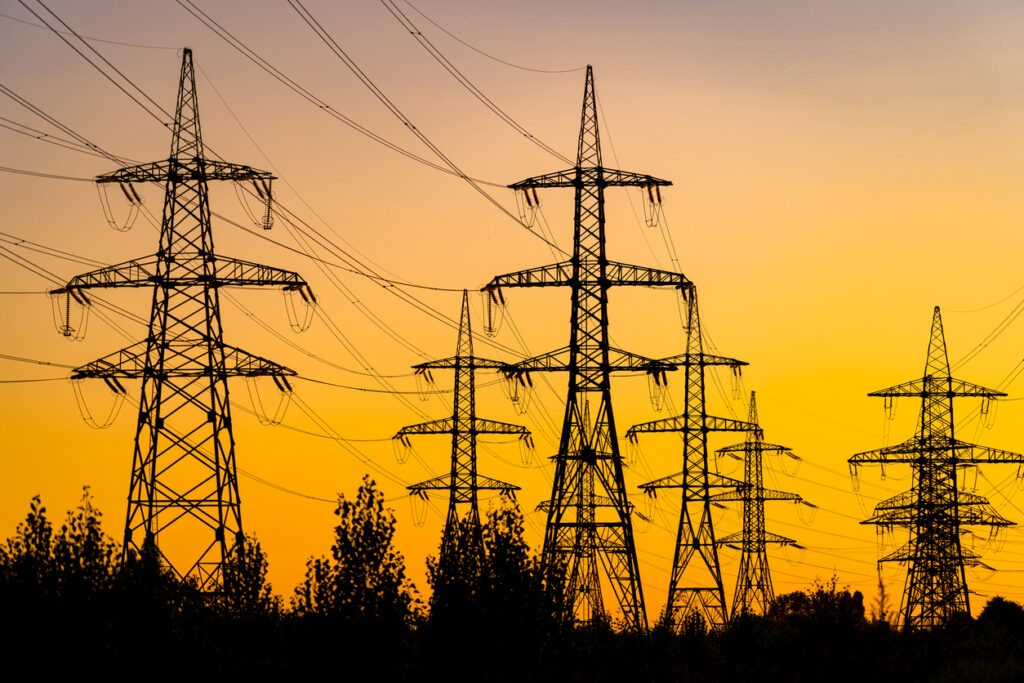Rosatom to Build 100 MW Wind Farm in Kyrgyzstan
Rosatom Renewable Energy, the wind power division of Russia’s State Atomic Energy Corporation Rosatom, has signed an investment agreement with Kyrgyzstan’s Cabinet of Ministers to construct and operate a 100 MW wind farm in Kok-Moinok village, located in the Issyk-Kul region The agreement was formalized by Taalaibek Ibraev, Kyrgyzstan’s Minister of Energy; Grigory Nazarov, Director General of Rosatom Renewable Energy; and Dmitry Andreyev, Director General of NovaWind Kyrgyzstan, LLC. The project represents Rosatom’s first export initiative in wind power generation. A ceremonial milestone was reached in September 2024 with the laying of a time capsule at the site of the future wind farm. Design and survey work, along with equipment procurement, is slated to begin in 2025. Rosatom's Broader Role in Kyrgyzstan Rosatom has been actively advancing strategic energy projects in Kyrgyzstan. In January 2022, the company and Kyrgyzstan’s Ministry of Energy signed a memorandum of cooperation to construct low-power nuclear power plants based on the RITM-200N reactor. Additionally, Rosatom is contributing to the development of Kyrgyzstan’s hydroelectric capacity, including the construction of the Leilek HPP (5.9 MW), Jerooy HPP (28 MW), and Chandalash HPP (30 MW). These efforts reflect the company’s diversified approach to strengthening the country's energy sector. Kyrgyzstan continues to face electricity shortages, particularly during the harsh winter months. To tackle this issue, the country is investing in a mix of renewable energy projects, including solar and wind farms, as well as large hydroelectric power plants. Rosatom’s 100 MW wind farm in Kok-Moinok is expected to play a significant role in diversifying Kyrgyzstan’s energy sources and enhancing energy security.






